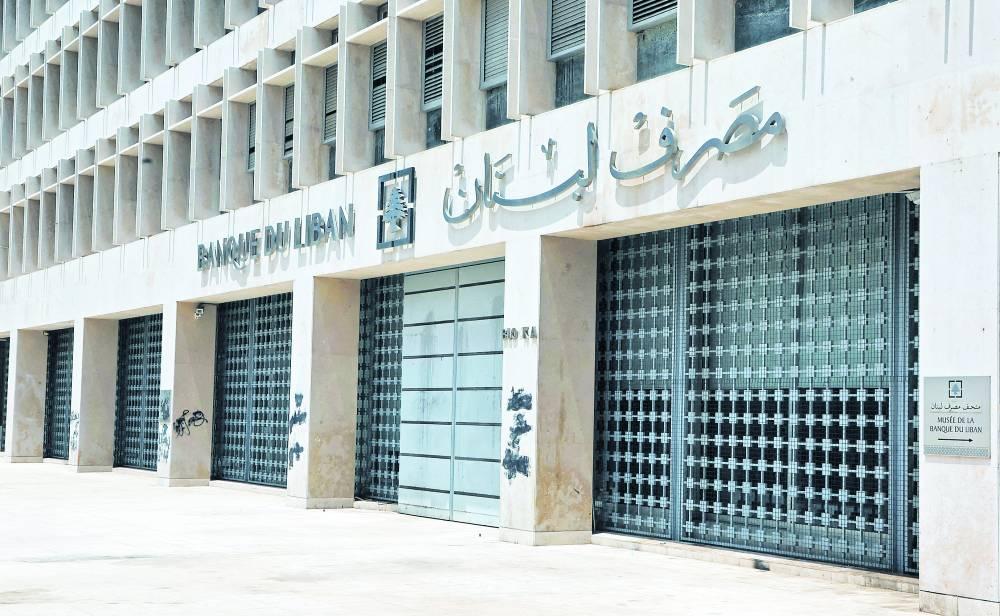The volume of money supply in Lebanon, which suffers from crises and is considered by investors to be the most risky in the world, has increased more than five times in just one month.
The “N4” measure of banknotes in circulation and bank accounts in the country jumped by 439% in January compared to December 2023, when it rose by a modest rate of only 0.1%, according to the Bank of Lebanon. The sudden expansion comes in the wake of the decision to unify multiple exchange rates and move to a rate closer to the parallel market.
While monetary expansion usually fuels inflation, and Lebanon has one of the highest rates of price appreciation (at 123%), this move may actually signal the start of its rescue from the worst economic crisis in history.
It helped the authorities bring the official exchange rate closer to reality and a little closer to obtaining a $3 billion loan from the International Monetary Fund.
In mid-February, the central bank set the lira to the dollar at 89,500, replacing the official rate of 15,000 lira, according to the latest budget. The dollar has been trading on the black market at a price of 89,500 liras for more than six months.
While this normalized the currency market, the IMF agreement requires the authorities to take further measures before they start disbursing funds. Among those measures are the adoption of capital controls, restructuring and auditing the banking sector, reforms that the International Monetary Fund said Lebanon was “extremely slow” to implement.
The roots of the crisis go back to decades of corruption and mismanagement. Lebanon defaulted on $30 billion in international debt in March 2020 and its economy faced threats of collapse. Investors in the dollar bond market are demanding a sovereign risk premium of more than 35,400 basis points over Treasury yields to buy state bonds, the highest in the world.
Kristalina Georgieva, Executive Director of the International Monetary Fund, said in February that the Fund was concerned about the impact of the war between Israel and Hamas on Lebanon amid the risk of the war spreading to the region.
